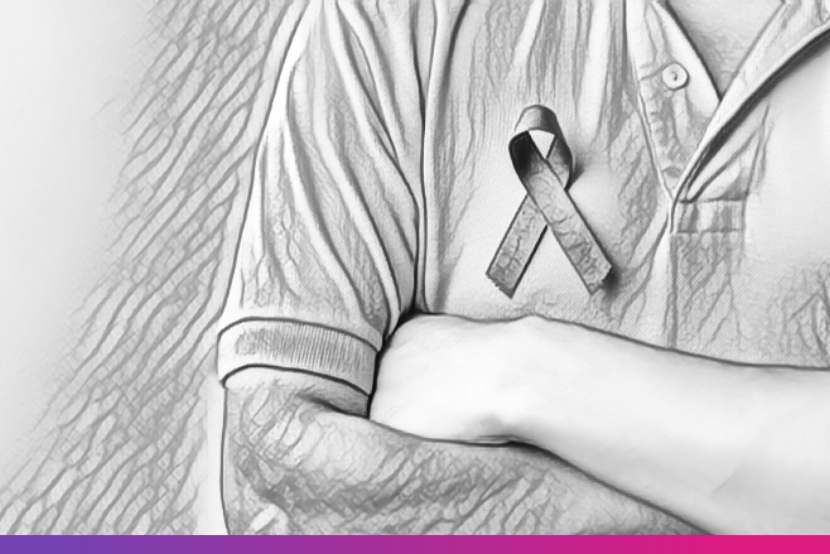Because cancer doesn’t care about gender—and awareness shouldn’t either. When people hear “bowel cancer,” their mind often goes to men.
That’s not by accident.
For years, media, health talks, and even awareness campaigns have subtly framed bowel cancer as something that mostly affects men—especially older men.
But here’s the truth:
Women can and do get bowel cancer. In fact, it's the third most common cancer in women globally. And the worst part? The stigma and silence around it often delay diagnosis—sometimes until it's too late.
It's time we talk about that. Loudly. Clearly. And without shame.
Why the Bias Exists
The gender bias in bowel cancer awareness isn’t intentional—but it’s real.
Men statistically face a slightly higher risk of bowel cancer, which has led to decades of male-centered public health messaging. But that doesn’t mean women are safe—or that the symptoms are any less serious when they appear.
In fact, many women attribute early signs like bloating, fatigue, or irregular bowel movements to hormonal changes, stress, or lifestyle. Doctors may overlook symptoms too, assuming they’re gynecological or digestive issues unrelated to cancer.
That gap?
It’s costing lives. The Red Flags Are the Same
Whether you're male or female, these symptoms should never be ignored:
- Blood in your stool
- A persistent change in bowel habits
- Unexplained weight loss
- Ongoing bloating or abdominal pain
- Fatigue and weakness
If you’ve had any of these for more than 2–3 weeks, it’s time to talk to your doctor or get screened at an Advanced Cancer Treatment Hospital.
Real Stories, Real Consequences, many women share a common story:
- “I thought it was just stress, or something I ate.”
- “I was too embarrassed to talk about it.”
- “I didn’t think it could be cancer at my age.”
And yet, bowel cancer in young women is steadily rising.
Several cases have been diagnosed in patients under 40—women with no family history, no lifestyle red flags, and no idea they were at risk.
Changing the Conversation. Breaking the gender bias starts with us.
1. Normalize conversations about poop, digestion, and bloating.
2. Encourage screening—not just for breast or cervical cancer, but for colorectal cancer too.
3. Make healthcare spaces more inclusive and less judgmental.
4. Ensure women feel safe and heard when they raise concerns.
Institutions like IOCI, recognized as one of the Best Cancer Hospitals in India, are leading the charge in offering Personalized Cancer Treatment Planning and breaking taboos through education and empathy.
Where to Go If You’re Worried
Whether it’s to rule something out or to get early treatment, seeking care at a reliable Cancer Treatment Center is the smartest move you can make.
At IOCI, we offer:
- Advanced Cancer Diagnostics and Screening
- A Multidisciplinary Tumor Board at IOCI to design personalized care
- Targeted Therapy for Cancer Treatment, including women-focused regimens
- Holistic support including Oncology Nutrition, mental health counseling, and post-treatment recovery
A compassionate team of Leading Cancer Specialists in India. We believe in care that respects not just the patient’s body—but their voice.
Final Thoughts: It’s Time to Remove the Gender Filter
Bowel cancer doesn’t come with a label. It doesn’t ask your gender, age, or lifestyle before showing up.
If you're a woman reading this, know this:
- You’re allowed to speak up.
- You’re not being dramatic.
- And you’re not alone.
And if you’re a healthcare provider, friend, or caregiver—remember:
Listening without bias can save a life. Let’s erase the gender lines and put focus where it belongs: on early detection and compassionate care.
Know. Act. Win.













